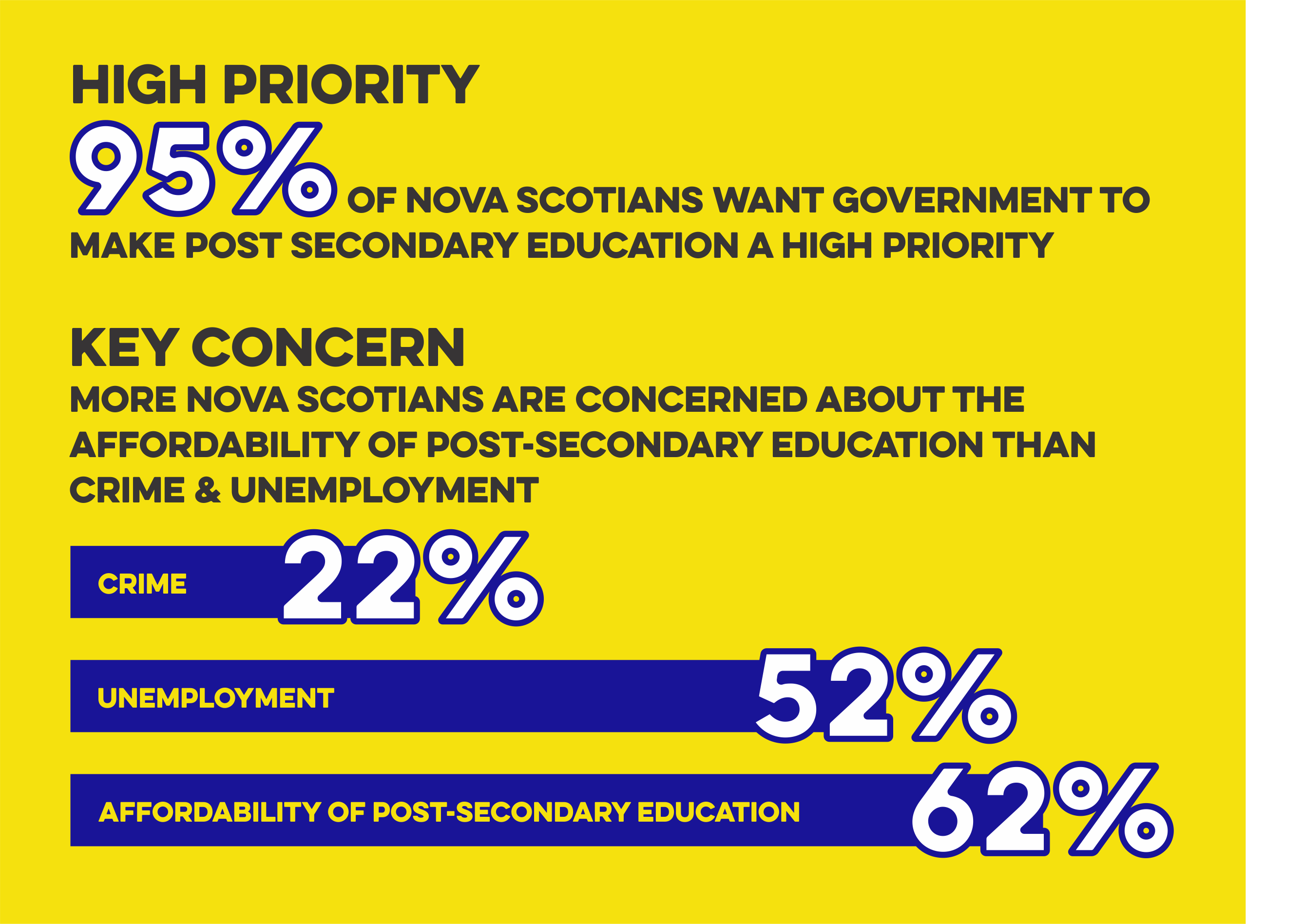LOAN SHARKING
Government crackdown on student loan debt way off target

THE FEDS ARE OUT TO LOWER STUDENT DEBT—THE HARD WAY. By collecting, not reducing.
The federal government is working to find better ways to collect on what students owe. It is a policy directly at odds with growing public support for governments to reduce, or eliminate, what students owe.
Government debt enforcers have recently zeroed in on graduates from private career colleges. There are not a lot of these graduates. They make up just about nine per cent of the almost half-million students who receive money each year through the Canada Student Loans program.
What they owe is not much more than small change for the government. Nothing like the billions in bad tax debt Canada writes off every year, for one example. But, the government has singled them out for special attention anyway.
‘Friendly reminders’ to pay up
The most recent statistical report on the loan program shows default rates for private college graduates were three times higher than for university graduates, even though private college graduates had on average about $5,000 less in debt.
Explaining why that might be will be the focus of a project expected to start this summer. This will be just one more part of stepped-up federal efforts to collect more money from students behind in their loan payments, rather than writing them off as debts that can’t be collected.
Serge Buy, CEO of the National Association of Career Colleges, said career college students are usually older than community college and university graduates, more likely to have children, be newcomers, or face other “barriers to employment.” They may also be saddled with debt from previous schooling, he said.
Government officials are particularly interested in what does and doesn’t work when prodding, or nudging, borrowers to get on top of their repayments.
One project found harshly worded letters worked better than a gentler message at pushing borrowers to get their loans back into good standing.
Another test yielded a 73%, year-over-year, bump in on-time payments from a small group of borrowers when Canada Revenue Agency collection agents simply mention the availability of a repayment assistance program on the phone.
Liberal crackdown way off target
Student leaders want the Liberals to do more than get better at informing students on how to pay off what they owe. For starters, they want government to at least lower what students owe by eliminating the interest on student loans.
The Canadian Federation of Students treasurer Peyton Veitch said if the Liberals can give an interest-free loan to aerospace giant Bombardier, the government could do the same for students.
Better yet, would be if the Liberals made student debt a thing of the past with a universal, national program of tuition-free post secondary education. A recent poll by students and their supporters in Nova Scotia demonstrated, once again, how popular that idea is.
The Nova Scotia Post-Secondary Education Coalition poll released March 1 showed that 95 per cent of Nova Scotians think that post-secondary education should be a high priority of the government.

“Ultimately, this document shows that there is a crisis in underfunding, a crisis in affordability for Nova Scotians,” said Aidan McNally, chair of the Canadian Federation of Students Nova Scotia.
“Nova Scotia is home to the second highest tuition fees in the (country) but there is also a mandate that shows that Nova Scotians want more accountability from how institutions are currently spending their funding.”
Some 88 per cent of those asked would support reducing fees for students, while 57 per cent would be willing to pay higher taxes to improve the affordability of colleges and universities.
As a result, McNally said the coalition is calling for increased government funding and increased acknowledgement of the inaccessibility of post-secondary education through the immediate and gradual elimination of tuition in the province.
Other key poll findings showed that 90 per cent of those questioned want to see more accountability of university administrations and that 88 per cent are concerned with people leaving the province to pay off their student debt.
The poll was conducted over 14 days in November and saw 800 Nova Scotians surveyed, Its margin of error is plus or minus three per cent, 19 times out of 20.
The coalition is comprised of the Association of Nova Scotia University Teachers, the Canadian Federation of Students-Nova Scotia and the Nova Scotia Government and General Employees Union.
- 30 -












Add new comment